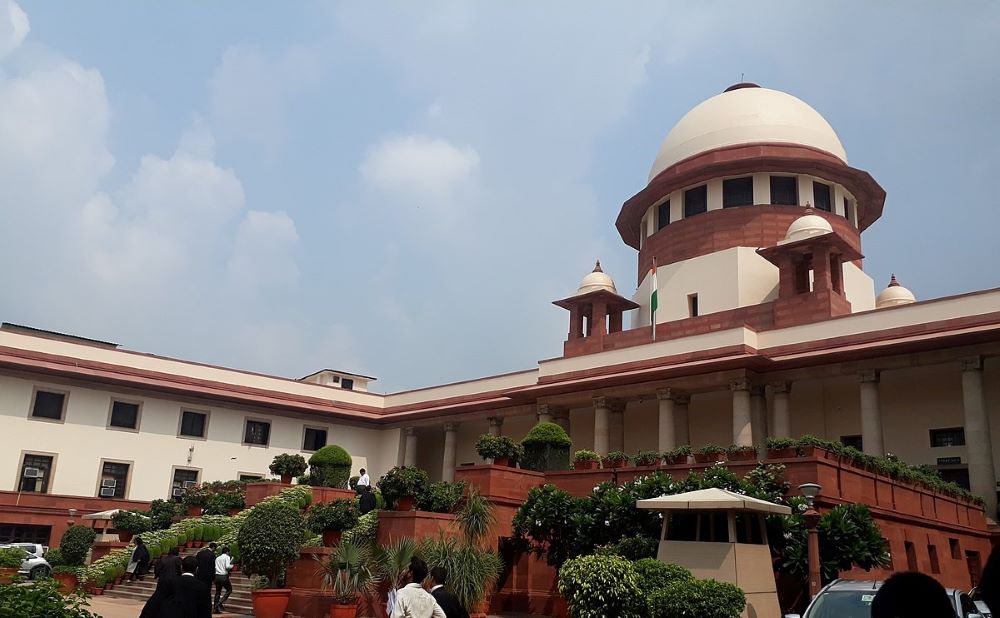Deepali kalia
Supreme Court on May 25, stating that while it did not approve of the “dharna” against the agency, the personal liberty of accused should not suffer either, permitted the CBI to withdraw its appeal against the order of Calcutta High Court in the Narada bribery case allowing house arrest of 4 leaders, including 3 from TMC.
A vacation bench of Justices Vineet Saran and B.R Gavai stated that it did not want to deprive the High Court bench of the opportunity to hear and decide the matter.
“After the five-Judge Bench of the Calcutta High Court gives its opinion, we will peruse it. We are not intending to pass anything on merits. The Solicitor General (for CBI) has accepted that issue is being heard by the five-Judge bench and made a request that he may be permitted to withdraw the petition to raise all issues raised here before the High Court. All other parties shall also have liberty to raise all such contentions.” The bench stated.
“Liberty of a person is the first thing to be seen, and it cannot be mixed with other issues such as chief minister’s dharna and public protests against arrests made by the CBI. We will make it very clear that we do not appreciate the dharnas. But, if the chief minister or the law minister take the law into their hands, should the accused suffer because of it. You can proceed against those persons who have taken law into their hands,” the bench further stated.
In connection with the Narada Sting Tape case which is being investigated by the CBI on a 2017 order of the High Court, four Ministers, West Bengal transport Minister Firhad Hakim, panchayat Minister Subrata Mukherjee, TMC MLA Madan Mitra and former Kolkata Mayor Sovan Chatterjee were arrested by the agency.
West Bengal Chief Minister Mamata Banerjee sat on a Dharna in the CBI office after the arrests and the agency as a result was unable to bring the four accused in court physically because of huge protests outside its offices.

